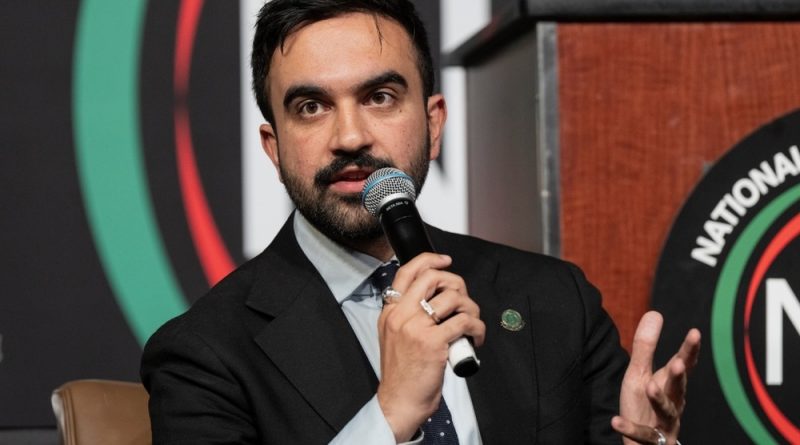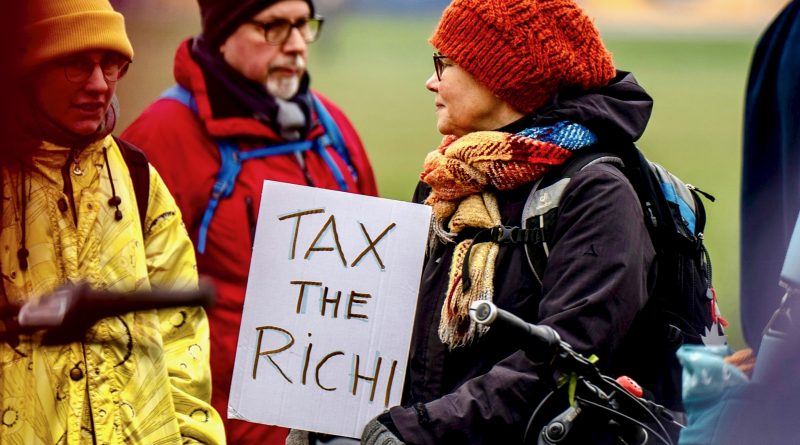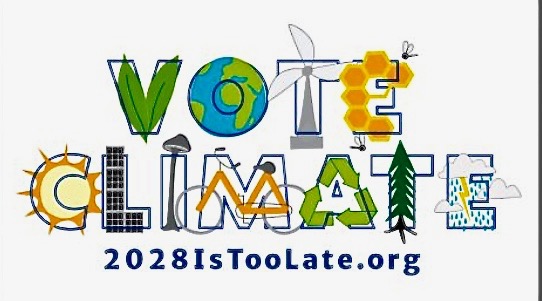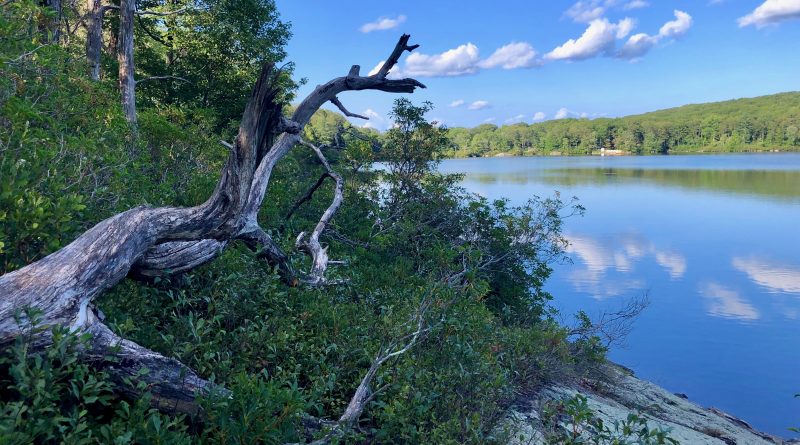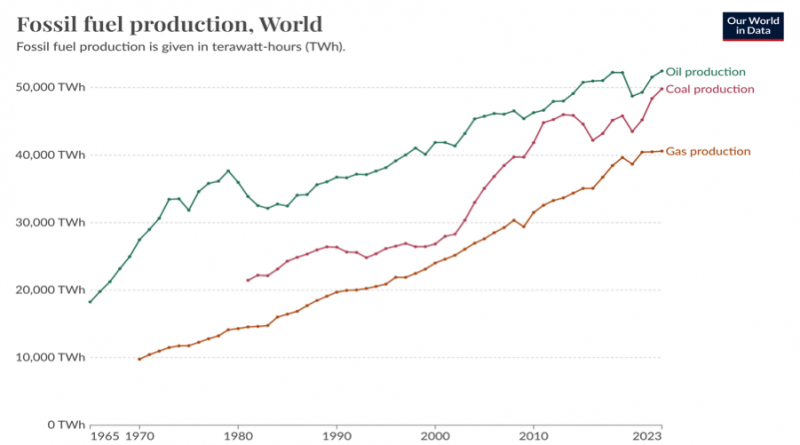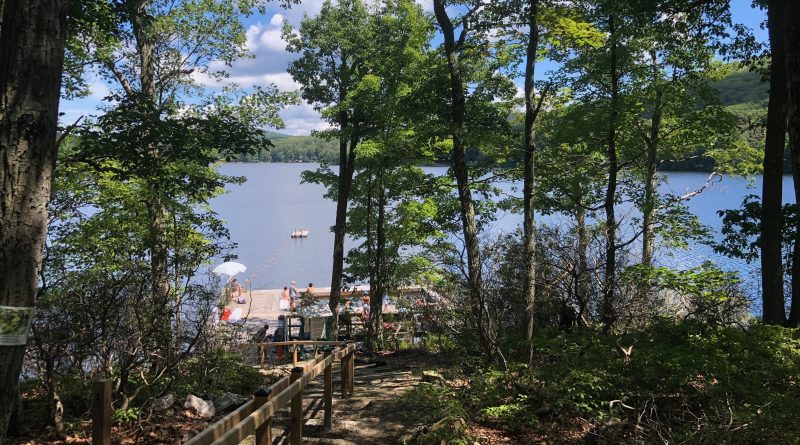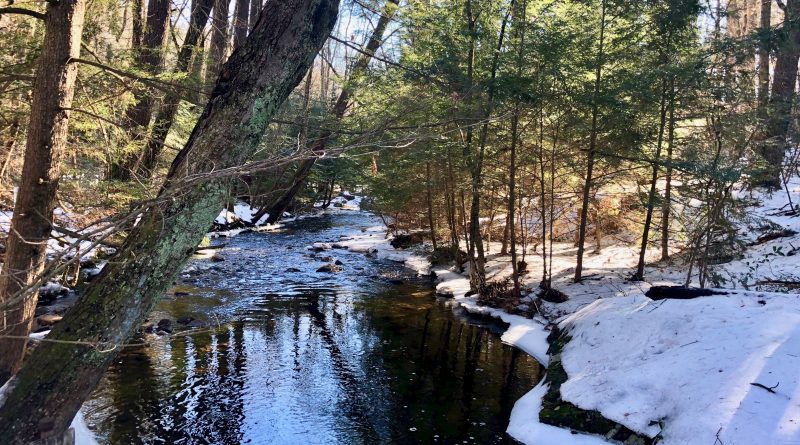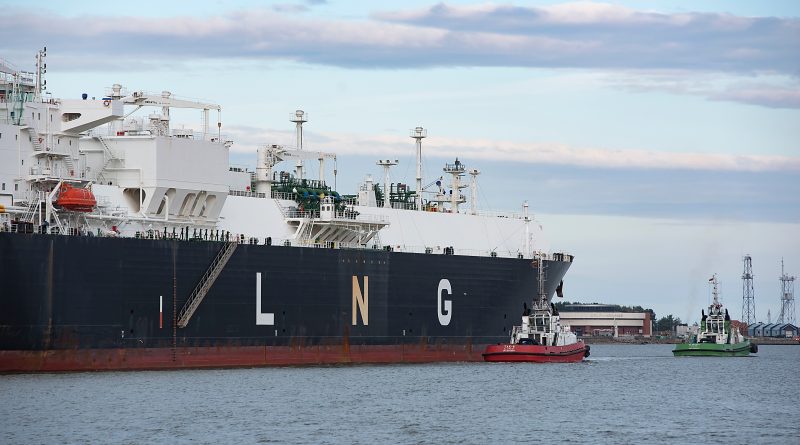Over the years I have written many posts about the climate crisis and about climate justice — good news, bad news, goals, new technologies, activists’ successes, and the depth of the crisis. Today I want to state explicitly what must happen if we are to keep much of our planet inhabitable for human beings and other species. We must end the extraction of oil, gas, and coal everywhere in the world.
Despite all of humanity’s successes in developing and deploying renewable energy, in conserving energy and increasing energy efficiency, and in making a majority of the global population aware that global warming is real and a major problem, fossil fuel production has continued to rise (as the chart above illustrates). While there are many aspects to the climate crisis, the burning of fossil fuels is the primary cause of global warming. It is emissions from the burning of fossil fuels that are causing deadly heat waves around the world, catastrophic storms and flooding, agriculture-destroying droughts, and rising sea levels.
If we are to resolve the climate crisis, we must remove from the face of the earth one of the biggest, most profitable industries of all time–the fossil fuel industry. This is no small task, of course. But I think we must be honest with ourselves that this is what must happen. Nothing else will suffice. As big a task as this is, I believe we can succeed.
Read more


